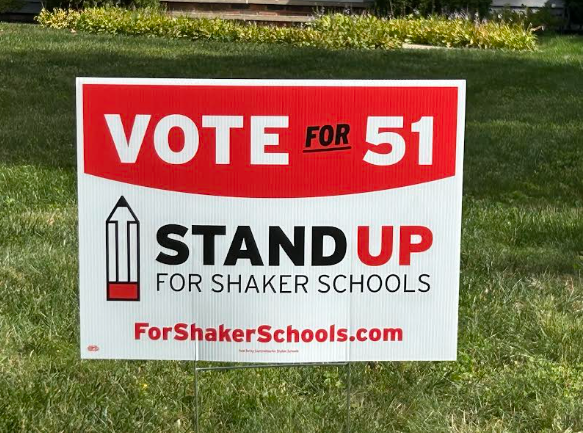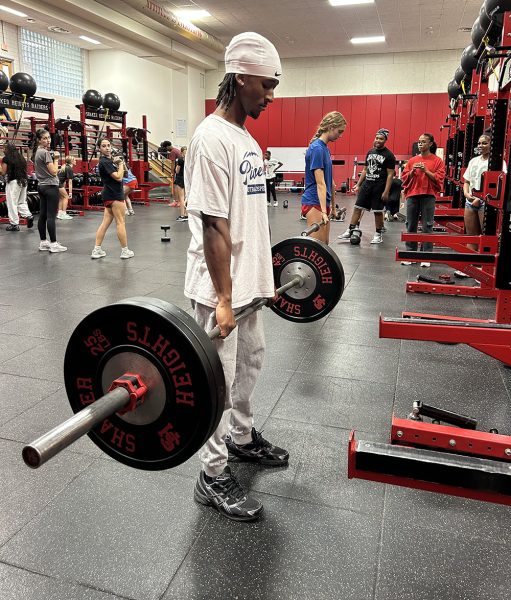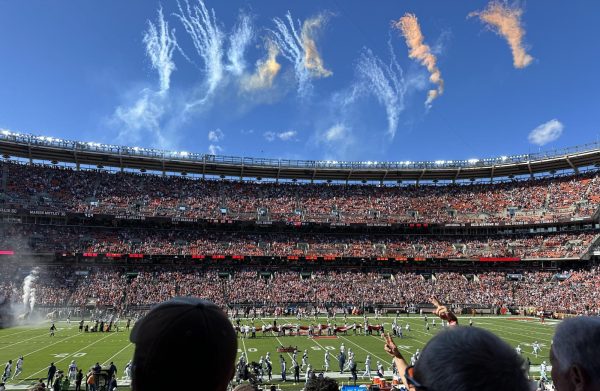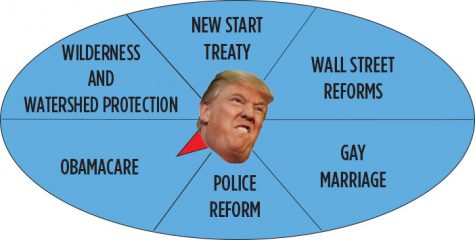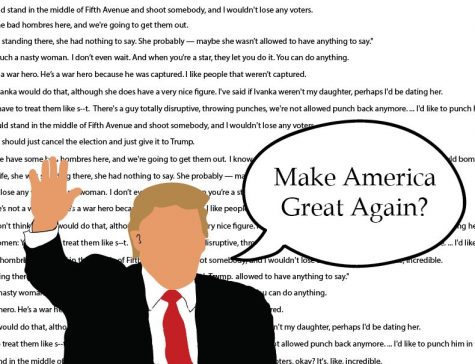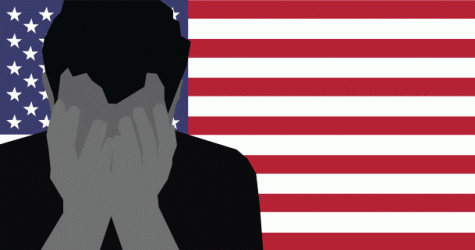We Owe Trayvon More Than a Tweet
Twitter is not the same as activism.
Unfortunately, many of my peers seem to think it is.
Within minutes of the jury announcing the decision in the George Zimmerman trial, tweets about the not guilty verdict and Zimmerman’s fate overshadowed the mundane Twitter updates of an average Saturday night. While arguing about the possibility of an unfair trial, many of these tweets demanded justice for Trayvon Martin’s killer. Naturally, #NoJustice was trending, the tag full of tweets asserting that the trial was racially driven or devoid of justice.
The problem with this, though, is that a tweet doesn’t mean much. According to the Website Monitoring Blog, on a busy day, Twitter sees about 175 million tweets. While the definition of a busy day is subjective at best, this staggering statistic demonstrates the sheer scope of Twitter’s popularity.
While Twitter is an effective, staccato form of social media and expression, with millions of tweets surfacing per day, our opinions can hardly reach those to whom we write.
I like that you have opinions, and that we can freely share those opinions, however controversial they may be, but in the immensity of social media, you are simply one of those 175 million tweets, and that’s not the goal.
Do you know what?
Be angry. Be outraged!
But instead of unleashing this anger upon your peers online, stop. Take a second, breathe and write about it. Make a difference.
Students are protesting at universities and in the streets across the country. Editorials and analyses are popping up in newspapers covering the whole political spectrum. Petitions are researched, written and signed. These are the things that make a difference.
It does not do justice to haphazardly post a tweet that those in power will never read.
Trayvon Martin is worth so much more than 140 characters.

